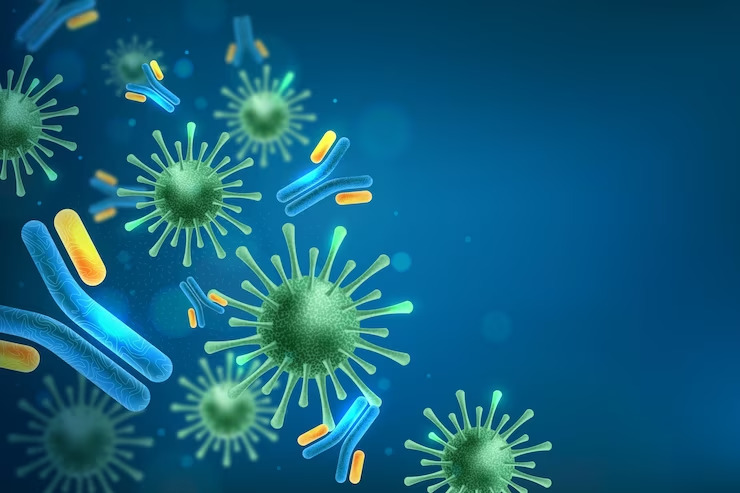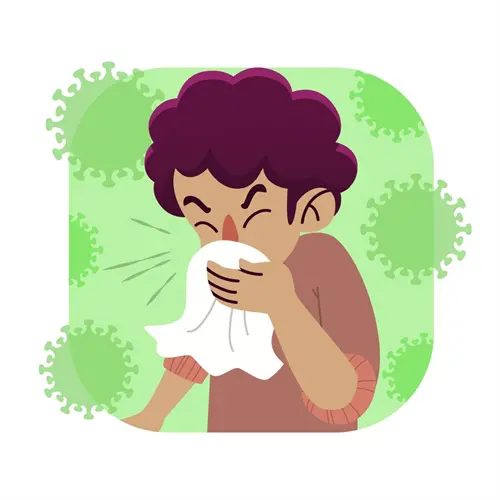Preventive Healthcare
Primary Immunodeficiencies Diseases: Everything You Need to Know
2469 Views
0

Often, patients complain of a persistent or recurrent infection that refuses to go away
completely. It keeps returning despite taking medications. The reason could be primary immunodeficiency. Primary immunodeficiency diseases or PIDDs are atypical genetic disorders. They damage the immune system of a healthy individual. Your immune system is responsible for helping your body detect foreign elements and fight infections.
People who have primary immunodeficiency have a dysfunctional immune system. It is not able to prevent infections. As the immune response is weak or almost non-existent. Patients with PIDDs are more prone to chronic bacterial or viral diseases that defeat the immune system.
People with PI may be subject to the Epstein-Barr virus. It causes an increased risk of developing cancer. PIDDs are diagnosed either in infancy or any stage of your lifecycle. This is based on the severity of the disease. Immunodeficiency happens because of an absence of immune system components, such as the complement system, lymphocytes, and phagocytes. Immunodeficiencies can be primary or secondary, depending on their origin. For example- primary immunodeficiency diseases (PIDs) are genetic, and secondary immunodeficiency diseases (SIDs) are acquired.
What is Primary Immunodeficiency?
Primary immunodeficiencies are alternatively known as inborn errors of immunity (IEI). They are a set of more than 450 chronic and rare health conditions. These result from the absence or malfunction of some essential elements in the body’s immune system. Such issues are the effects of hereditary defects and concern anyone, irrespective of gender, age, or ethnicity.
Primary Immunodeficiencies differ in many aspects. But one common thing in them is the harm they cause to the body’s immune system. As the immune system is responsible for keeping you safe from unwarranted infections, someone with PI would get ill easily because of the debilitated immune system. Infections can impact the sinuses, throat, skin, ear, brain, lungs, spinal cord, intestinal tract, or urinary tract.
What Causes Primary Immunodeficiency?
PIDD or Primary Immunodeficiency Disorder results from genetic mutations that affect a single or multiple elements in the body’s immune system. These include proteins and cells. Such mutations may be why some parts of the immune system are partially present, dysfunctional, or absent.
More than 300 types of primary immunodeficiency disorders exist. Some are yet to be identified. PIs can be classified into six different groups based on the damaged part of the immune system:
- T-cell deficiencies
- B cell deficiencies
- Combination T and B cell deficiencies
- Complement deficiencies
- Defective phagocytes
- Idiopathic
Signs and Symptoms of Primary Immunodeficiencies
People with Primary Immunodeficiency are susceptible to autoimmune diseases and certain blood disorders. As the body’s immune system plays a huge role in protecting your body from several types of cancer your immune system protects your body against cancer, people with PI are more likely to have certain cancers.
Primary immunodeficiency in a person causes frequent or recurring infections like-
- Pneumonia
- Sinus infection
- Ear infections
- Bronchitis
- Meningitis
- Thrush (a fungal infection of the mouth or skin, also called candidiasis)
- Skin infections
- Persistent infections mean they don’t easily go away in most cases.
- Infections hardly respond to antibiotics and need IV antibiotics to be treated.
- Severe cases of infections that require hospitalization, like sepsis or abscesses of the internal organs or anything involving pus.
- Rare and opportunistic infections.
- Lack of growth and weight gain in a baby.
- Problems related to the digestive system, like diarrhoea or IBS.
Diagnosis of Primary Immunodeficiencies
If you start to develop symptoms of primary immunodeficiency or see your child developing such symptoms, you must visit a reliable doctor for immediate treatment. In most cases, the symptoms are dormant until adulthood.
Upon consultation, the doctor will ask you for your medical and family medical history. As it is mainly a disorder passed on to generations, the doctor can diagnose the type and severity of Primary Immunodeficiency Disorders based on your history. The doctor will then perform a basic physical examination and recommend important laboratory tests. To confirm the severity and type of Primary Immunodeficiency Disorders, the doctor will need the following:
- Blood tests for identifying abnormalities in the immune system.
- Genetic tests [Gene Panel (Primary immunodeficiency] to examine the mutations of the genes.
- The doctors can also ask you to go for a Flow cytometry, wherein a laser is used to examine the samples of your immune system cells.
Treatment of Primary Immunodeficiencies
If you have PIDD or develop a condition by birth, there are a few ways to treat it. The treatment procedure includes the management of existing infections and the prevention of future infections. Based on the type and severity of Primary Immunodeficiency Disorders, your doctor may suggest any of the following-
- Antibiotics to alleviate bacterial infections or prevent them from occurring in the future.
- Antiviral drugs help you recover from any existing viral infections.
- Immune globulin to replace the damaged or missing elements of the immune system.
- In some cases, the doctors may recommend a surgical procedure to manage the complications caused by the infections.
- Some cases of Primary Immunodeficiency Disorders require a stem cell transplant to substitute the damaged or deceased component in the immune system.
Conclusion
Primary immunodeficiency is a genetically transmitted disorder. It affects the function of the immune system. Infections are the result of such disorders of PIDDs. Prevention is the right treatment for PIDD.
If you get the right treatment, you can live a healthy life with PIDD. Some cases of PI require regular medication. You have to be careful about catching an infection. If you or a loved one have symptoms of primary immunodeficiency disease, now is the right time to take the Gene Panel Test.
Metropolis Healthcare offers state-of-the-art testing apparatus and equipment. It has more than 125 laboratories and 1500 collection centres across India. Get your samples collected from the comfort of your home and get accurate lab reports within 24 hours. Schedule your test today with Metropolis.























 WhatsApp
WhatsApp